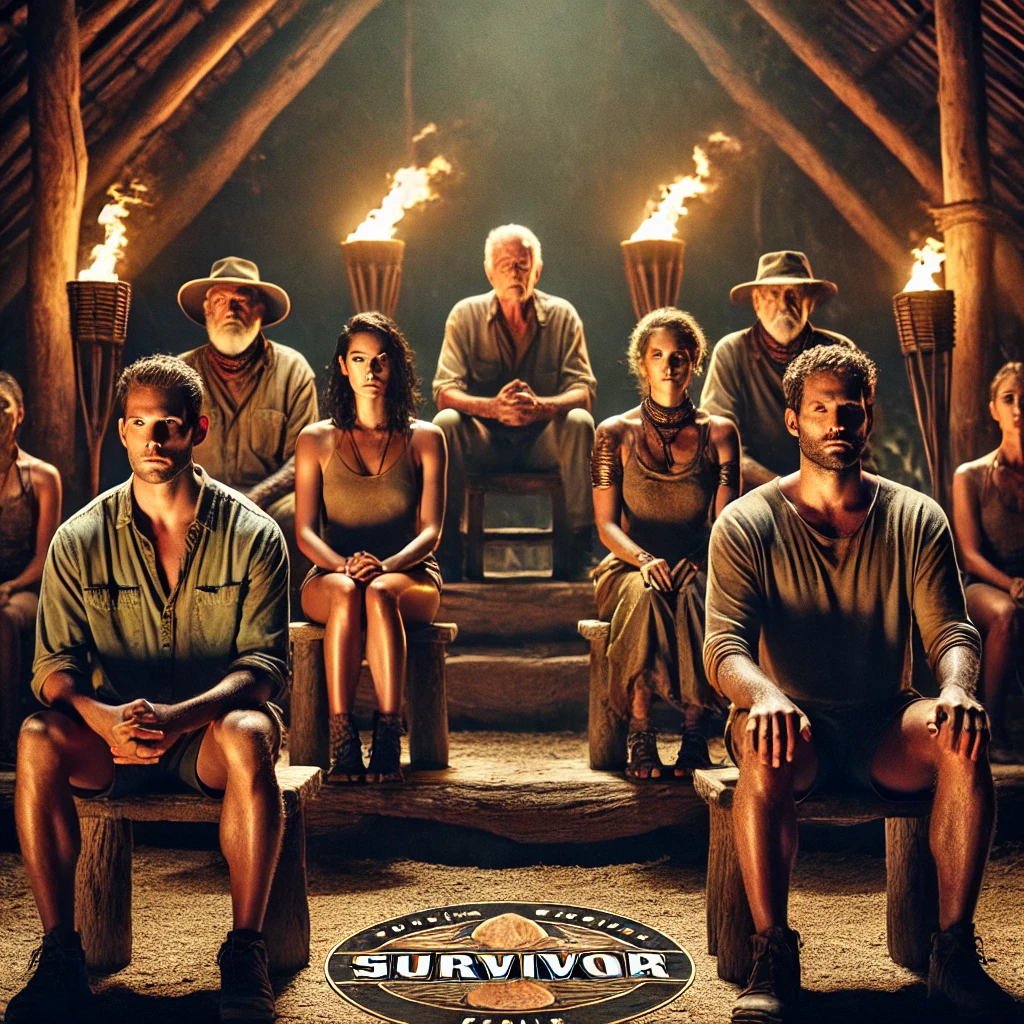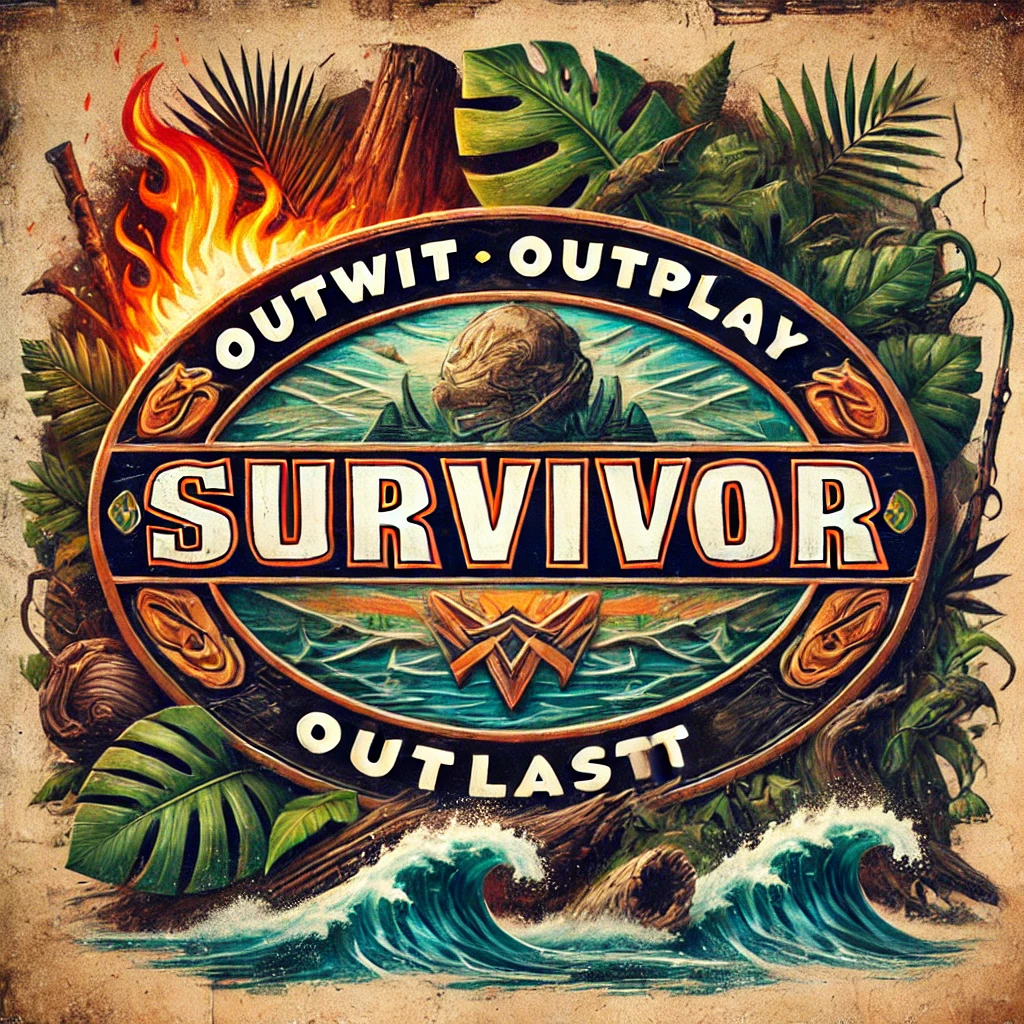On August 23, 2000, the finale of the inaugural season of the reality television show Survivor aired on CBS, marking a significant moment in the history of reality TV. Created by Mark Burnett, Survivor introduced audiences to a new genre of television entertainment, combining elements of competition, strategy, and social dynamics. The show featured a group of contestants stranded in a remote location, where they competed in various challenges and faced elimination based on their performance and social interactions.
The first season, Survivor: Borneo, took place in the tropical rainforests of Borneo and saw 16 contestants battling it out for a grand prize of $1 million. The show’s format, which included tribal councils, immunity challenges, and strategic gameplay, captivated viewers and set the stage for the future of reality television. The finale was watched by millions of viewers and marked the end of a season filled with intense competition and memorable moments.

The Impact of the First Season
The success of Survivor’s first season had a profound impact on the television industry and popular culture. The show’s innovative format and compelling storytelling captivated audiences, leading to high ratings and widespread acclaim. The finale episode, in particular, garnered significant attention and established Survivor as a cultural phenomenon.
Richard Hatch emerged as the winner of the inaugural season, earning the title of Sole Survivor and the $1 million prize. His strategic gameplay and manipulation of alliances set a precedent for future seasons and contestants. Hatch’s victory and the show’s success contributed to the rise of reality television as a dominant genre in the entertainment industry.

Legacy and Evolution
The premiere of Survivor on August 23, 2000, marked the beginning of a television legacy that continues to evolve and captivate audiences around the world. The show’s influence is evident in the numerous international adaptations and spin-offs that have followed, as well as in the continued popularity of reality TV as a genre.
Survivor has also played a significant role in shaping the landscape of competitive reality television, inspiring other shows that focus on competition, strategy, and interpersonal dynamics. The show’s ability to adapt and innovate has kept it relevant for over two decades, and it remains a staple of reality television programming.

August 23, 2000, is remembered as a pivotal day in the history of television, marking the debut of a show that would go on to have a lasting impact on the entertainment industry. The finale of Survivor’s first season is celebrated as a milestone in reality TV, highlighting the genre’s potential and setting the stage for future successes.
